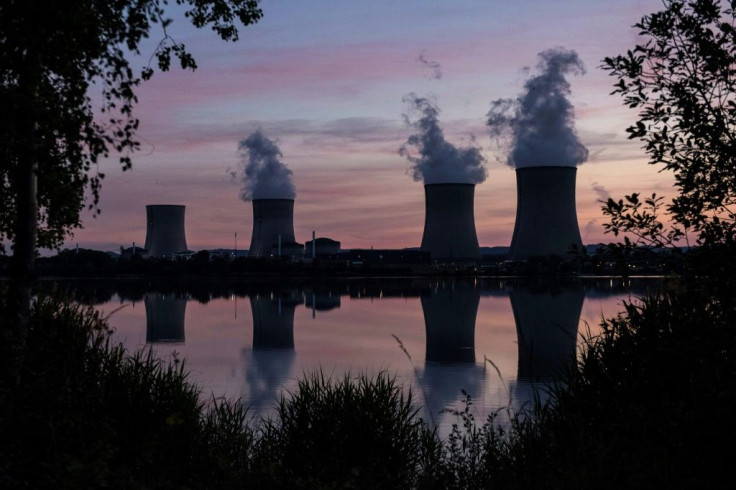Fear Factor Drives German Plans To Part With Nuclear Energy

The last nuclear power plant in Germany will cease to operate in December 2022 so that the EU nation will no longer have to live with the fear of a nuclear power holocaust.
After three out of six remaining reactors are downed the shutters in December 2021, only three (Isar 2, Emsland, and Neckarwestheim 2 with a combined capacity of 4 GW) will remain in service throughout 2022.
Environment minister Steffi Lemke said in December 2021: "Nuclear power would make our energy supply neither safer nor cheaper. A technology that has no solution for the disposal of toxic waste cannot be sustainable."
This definitive end-date in Germany forms part of the 2011 Nuclear Energy Act (Atomgesetz) which prevents authorization to operate nuclear reactors for power generation.
From a share of 22.2 percent of total electricity production in 2010, Germany managed to decrease the contribution of nuclear energy to 11 percent in 2020 while renewables such as wind, solar, and biogas provided around 45 percent of power generation in 2020.
Germany's energy transition is part of the country's strategy to decarbonize the economy to achieve a climate neutrality target by 2045.
Nuclear energy has been a late entrant to the German economy due to the conviction in Germany that that nuclear power should not be part of the country's mix. The first commercial reactors were built in Germany only after 1989.
Later, with the emergency of the Social Democrats and Green Party, a "nuclear consensus" was reached in Germany.
But after the Fukushima accident in Japan in March 2011, Germany under Chancellor Angela Merkel temporarily suspended the operation of Germany's oldest reactors and seven others for three months.
The new German government of Social Democrats, Green Party, and Free Democrats which came to power in December 2021 wrote in its coalition treaty: "We stand by the nuclear phase-out."
The new government plans to have 80 percent electricity from renewables by 2030 and to phase out coal by 2030. In the past 20 years, renewable capacity increased from 12 gigawatt in 2000 to 132 gigawatt in 2020, with wind and solar PV installations accounting for a lion's share.
In the same year, renewable power made up over 45 percent of the country's power consumption to become the single largest contributor, ahead of coal, for the first time.
Currently, Germany is aiming to decarbonize the entire economy and reach the net-zero greenhouse target in 2045 under the Paris pact 2015 and all the lost energy from the nuclear plants will be "compensated for by the expansion of renewable energies," promises the German Institute for Economic Research (DIW).
Though the solution is elegant, there is a catch. Most of the energy churned out by wind and solar power plants will be used to replace nuclear power and will not be possible to set aside to eliminate the coal and gas that it is still burning in huge amounts to generate electricity.
So, Germany will go on a coal-burning spree until 2038 and will continue to import big volumes of gas from Russia at great geopolitical cost.
The DIW concluded in a recent paper that "the decline in nuclear power will temporarily lead to a higher use of fossil energies, which will result in an increase in CO2 emissions in the short term."
According to international energy experts, the German decision to part with nuclear power is the triumph of fear over common sense.
They said that giving up power when the great threat is carbon dioxide emissions is folly.
Just one day ahead of Germany, Belgium declared Dec. 30 that it will shut all of the country's nuclear power plants by 2025 under a law passed in 2003 and will replace the lost electricity with power from renewable sources and will just burn more coal and gas in the meantime.
Belgium's ambivalence toward nuclear energy is part of a broader EU, the largest energy importer in the world, importing 60 percent of its energy, debate that has pitted Germany against France.
Unlike Germany, France plans to build new nuclear plants and wants to include nuclear energy in the EU list of low carbon technologies.
The other day European Commission proposed a new law that recognizes nuclear power as 'green' which Steffi Lemke condemned as simply "wrong."
























